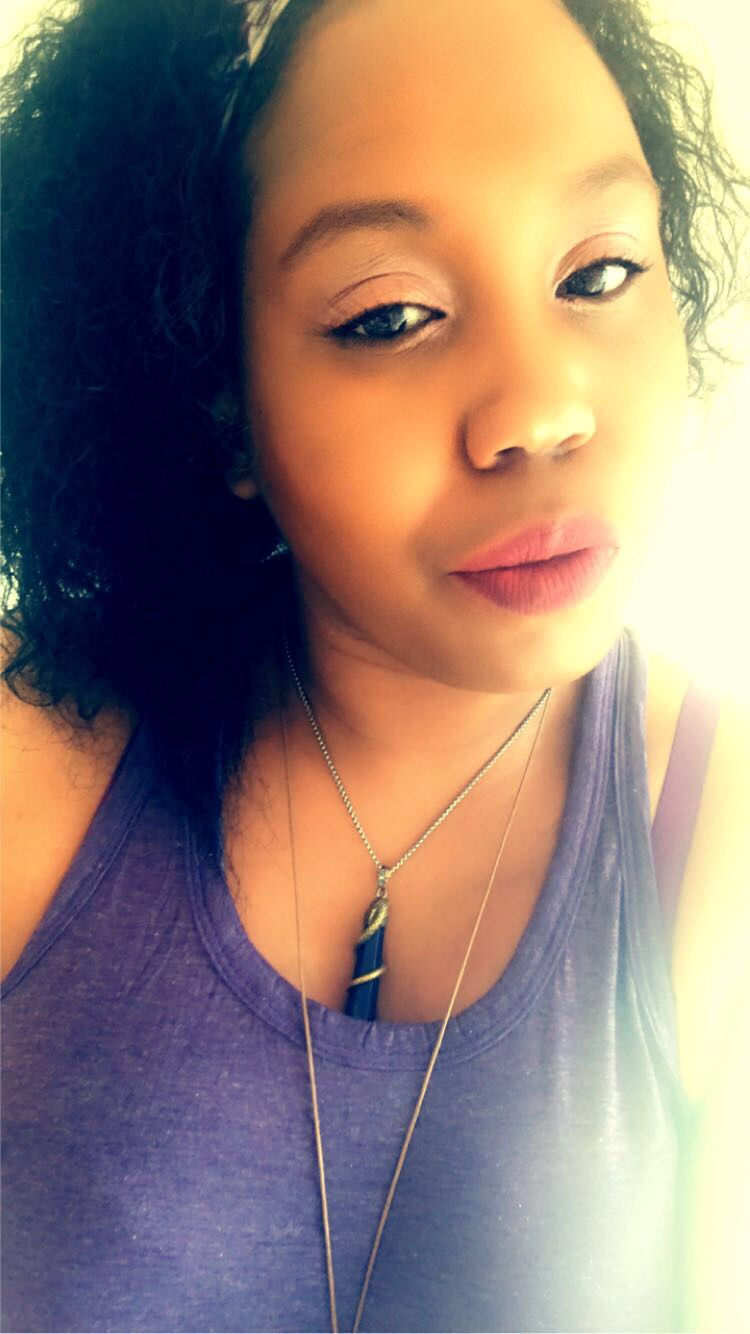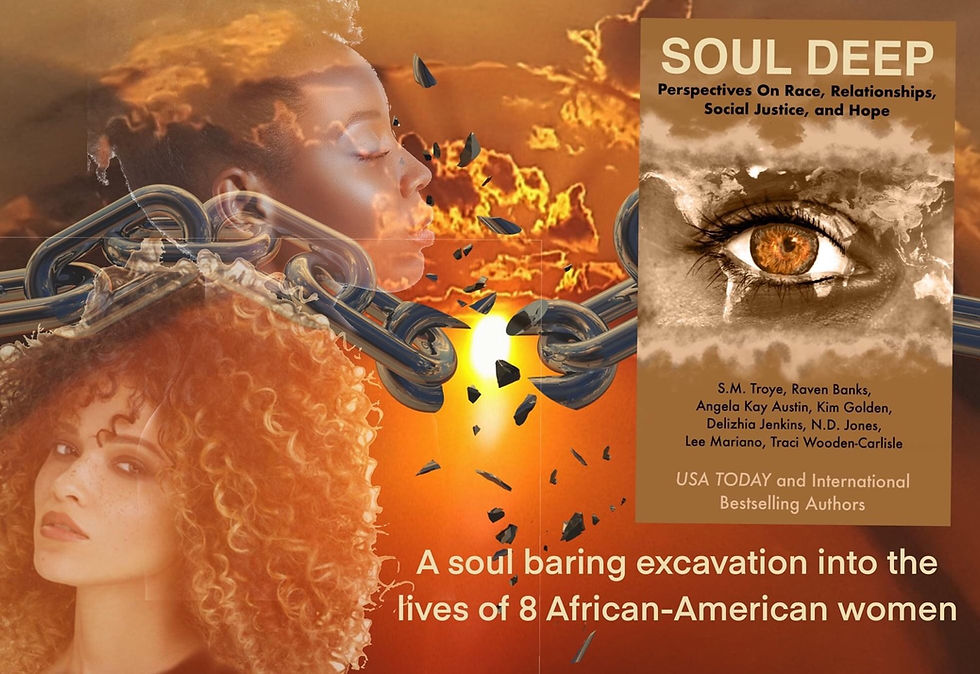The Art of Storytelling: A Great Story is a Great Journey
- Delizhia Jenkins

- Jun 8, 2021
- 3 min read
Alright, so you made it past the first sentence and you are working your way towards concluding the opening scene. Great! You did it. You are focused, the creative juices are flowing, your characters are speaking to you ever so clearly. This is going to be a New York Times BESTSELLER, you think to yourself. This is a story that will definitely become a blockbuster movie! And soon after that final thought, its like your creative engine runs out of steam. You find yourself essentially back at square one, your creative compass has lost its direction and now you are stuck. Self doubt slowly begins its dark return into your psyche and now you are contemplating your current set of life choices: one of them being writing.
Listen, take a deep breathe and relax. Although there are tons of information (this blog included) as to craft your novel, but the thing about creativity is that it has a mind of its own. There is no perfect way to outline or just organize your thought process when it comes to the development of your story. I have said this time and time again: what may work for one, may not work for all. And sometimes, what once worked may not work again. For a lot of authors, the only way for them to complete a storyline is to develop detailed outlines. And there are those (like myself) who are pansies and just go for it (I do keep notes of specific details like names and descriptions). So the question of the day is: what next?
The story as you see it, is epic. Phenomenal. One of a kind and destined to surpass of that of the literary god, Stephen King. The thing is, how do you reflect the greatness as you see it into the story? This is the point where I advise writers to return to their favorite books and movies. Only this time, do not review it from the perspective of just enjoyment. Look at that book or movie as a study guide. Consider the flow of the story and where it is headed. Like a river, the story is on a particular coarse to an ending, just like a river will either pour into a lake, an ocean or fizzle out somewhere into a reservoir. But the point is, it goes somewhere. Sometimes its a smooth ride towards a happy ending, whereas in other stories the beginning is tragic and so is the ending. Whatever direction the story is headed towards, think about the characters, their mindsets, their decisions, and the events that kickstart their adventures.
The point that I am leading to is that for a reader, a book is a journey. Reading is an experience - at least it should be. That's what makes a story great. That is what will make YOUR story great. Think about people you know or you might have heard of and the interesting stories that involve them. Has anyone ever told you that your life should be a book? Or, do you know anyone who you think has a life story so interesting that it should be a book? What makes their lives or your life for that matter interesting? Think about your personal journey from birth to where you are now. Think about your highs and your lows, your obstacles and your defeats... think about your victories and even the people who have enhanced your experience as a human being. The same applies to your characters. What is going on? Who is there? What is the situation? Who are the players? Imagine each scene play out bit by bit and if you need to, WRITE IT DOWN.
Remember this: A story is threefold journey: a journey for the author; a journey for the characters; and a journey for the reader. Treat your story as a sailor would the first time he sets sail on the open sea. You will face the unknown, but you know you can face it because you will ultimately reach your destination.









Comments